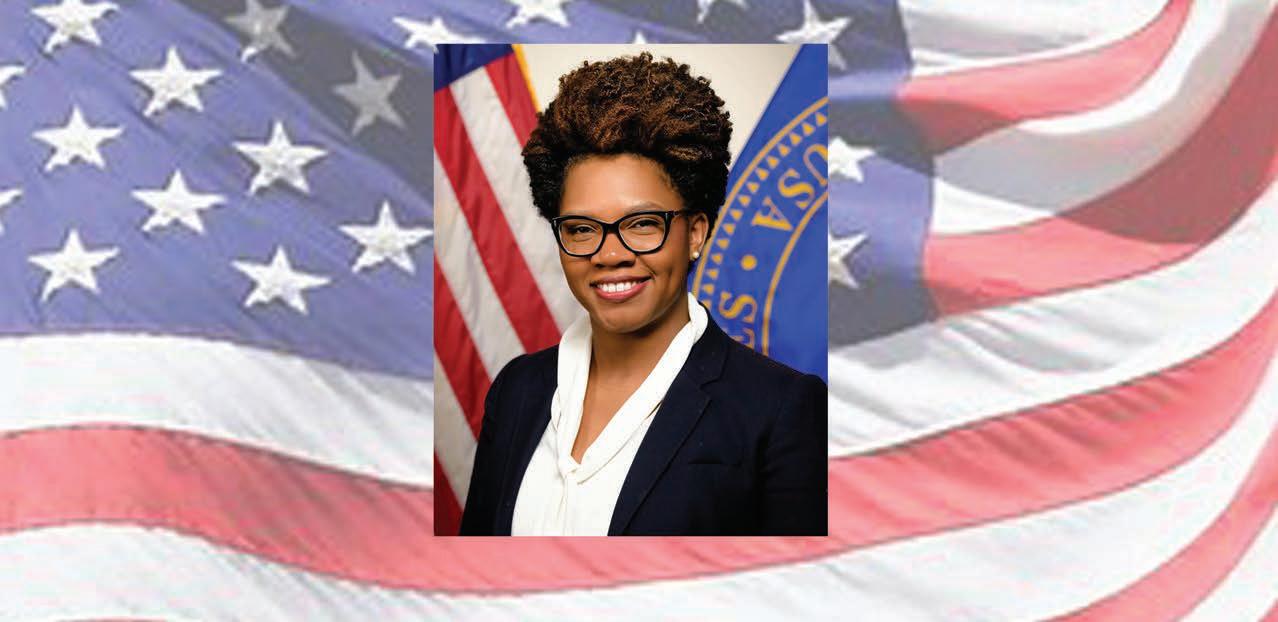
2 minute read
Spotlight: New Health Equity HWRCs
from HWRCs' Annual Report
by UAlbany
SPOTLIGHT: NEW HWRCS
Health equity has been described by the National Academies as the “state in which everyone has the opportunity to attain full health potential, and no one is disadvantaged from achieving this full potential because of social position or other socially defi ned circumstances”. The health workforce can address social determinants of health and promote health equity by delivering culturally and linguistically competent care to reduce health disparities among a population diverse on a number of dimensions (eg, race, ethnicity, gender identity, sexual orientation, geography, socioeconomic status, disability status, language, and age) and partnering with communities to promote population health. Introducing 2 New Health Equity Centers
Advertisement
In 2018, HRSA issued 2 coopertative agreements for 2 health equity centers: one with the University of Washington Center for Health Workforce Studies, and the other with George Washington University’s Fitzhugh Mullan Institute for Health Workforce Equity. 2019 was the first full year of operation for both equity centers.
The goals of the equity centers are to conduct innovative, timely, and relevant health workforce research and evaluation that examines a range of topics on health equity in health workforce education and training. They aim to strengthen the evidence base that provides the health workforce with the knowledge, skills, and abilities to foster health equity in the delivery of patient care and population health. Their research strives to nurture partnerships among academic institutions, communities, and healthcare organizations that will help enable the health workforce to address social determinants of health and foster health equity within the US population.
Explaining Wage Variation Across Race/Ethnicity Among RNs and APRNs
Best Practices in Experiential Education to Educate Health Professionals on Heath Equity
The Potential Burden of Being Underrepresented in Health Professional Programs
Disability Competency Training in Medical Education
Increasing Access to Doulas to Support a Diverse Population
Assessing the Impact of State Policies on Nursing Education Regulation and Program Outcomes
Assessing the Strength and Diversity of Medical Schools’ IPE and SDOH Off erings
Case Studies of Nurse Practitioner Residency Programs
Developing a Social Mission Research Agenda
Do Health Professions’ Accreditation Standards Include Social Mission Metrics?
Residency Training in Federally Qualifi ed Health Centers: The Impact on Staffi ng Capacity and Productivity
Director Bianca Frogner of the Health Equity
Workforce Research
Center at the University of Washington Center for Health Workforce Studies.


Director Patricia Pittman of the Health Workforce Equity Research Center at George Washington University’s Fitzhugh Mullan Institute for Health Workforce Equity.
“The new health equity HWRCs are built on strong research teams with decades of health workforce research experience, and partnerships with experts from many scientifi c disciplines, to promote equitable and eff ective health care for all by strengthening the health workforce.” ~ Bianca Frogner, PhD
23 “The social mission of health professions education and training programs is one of the key drivers of health workforce equity.” ~ Patricia Pittman, PhD










